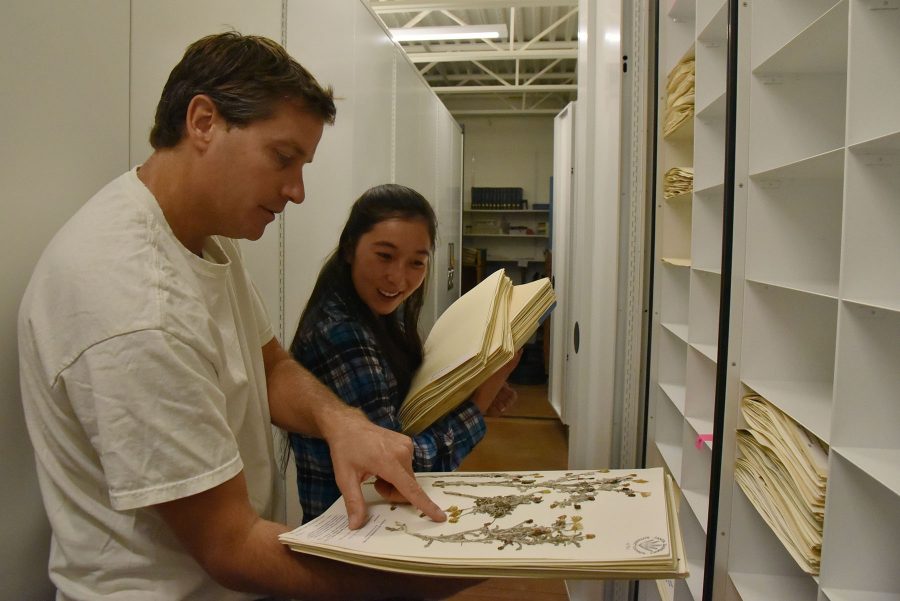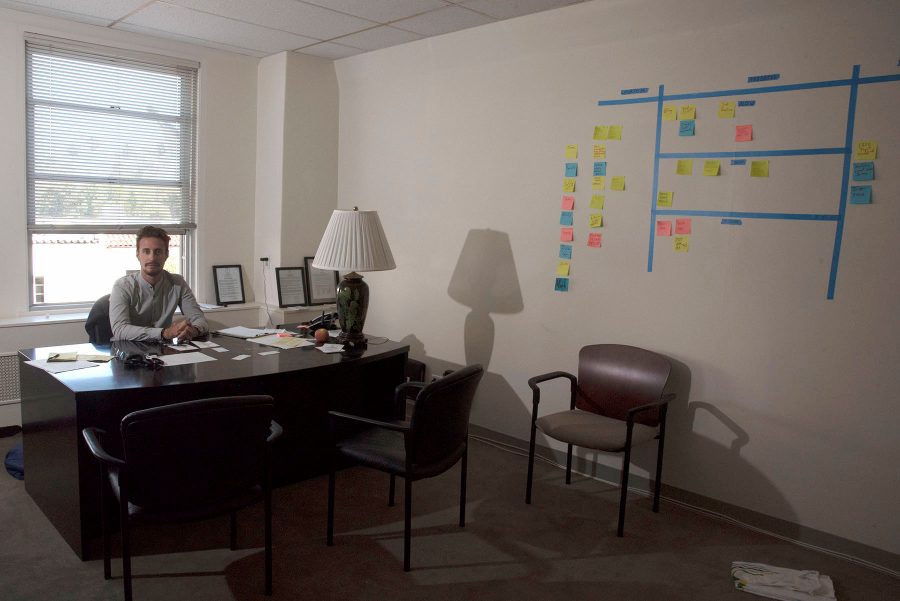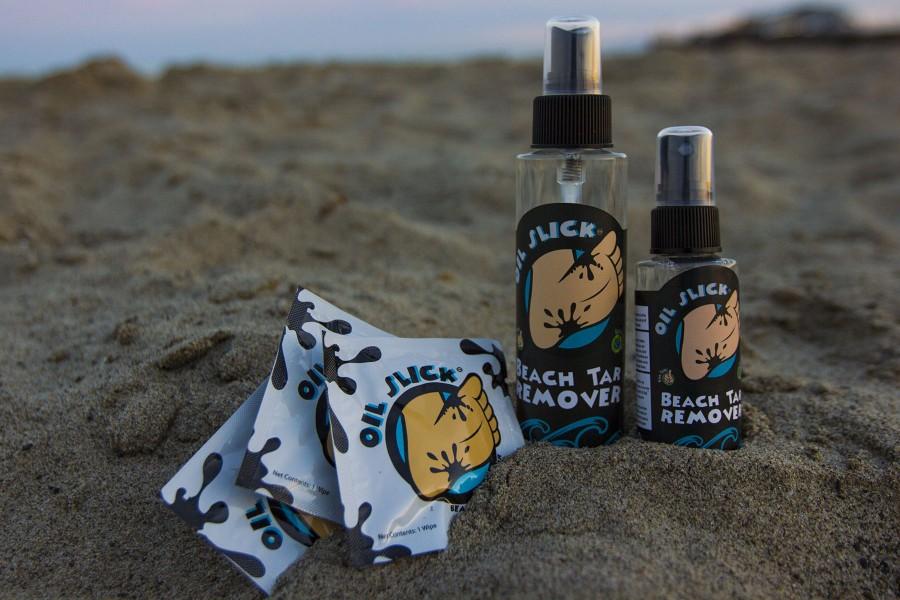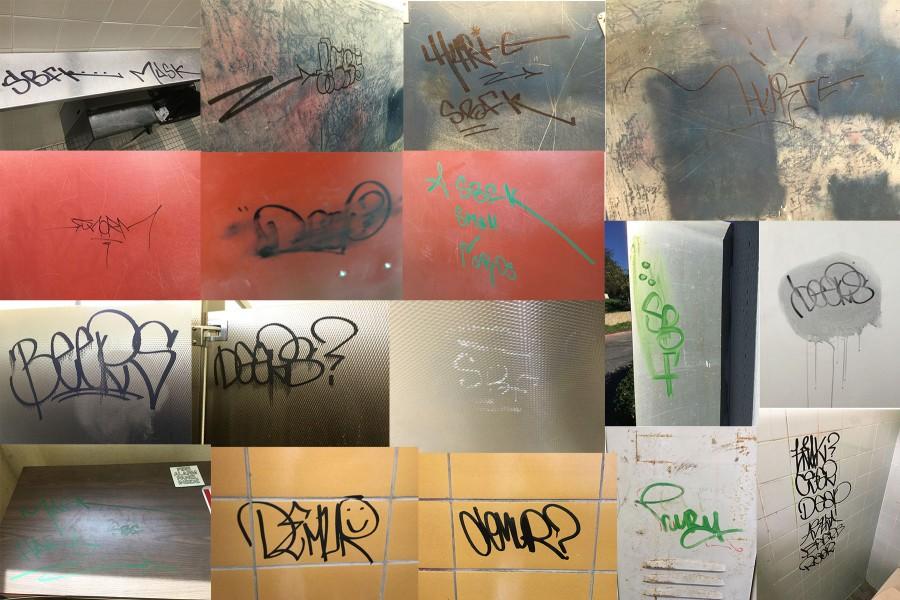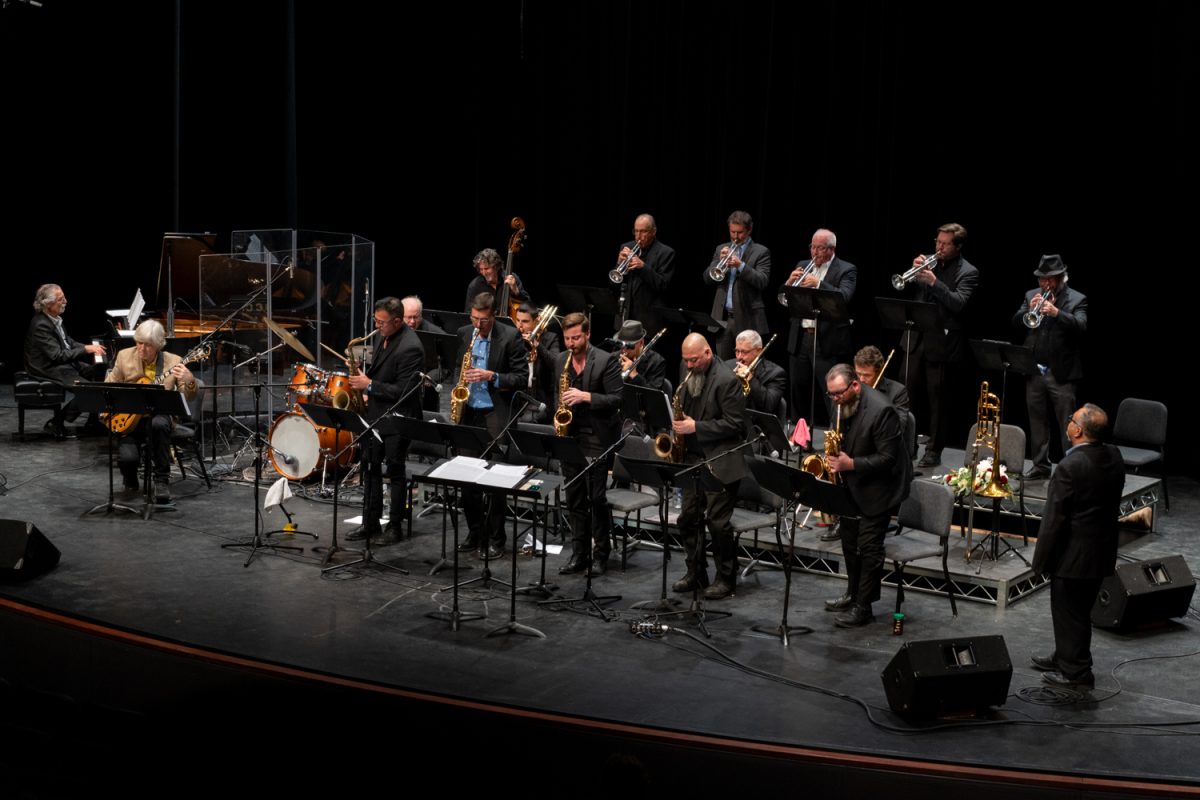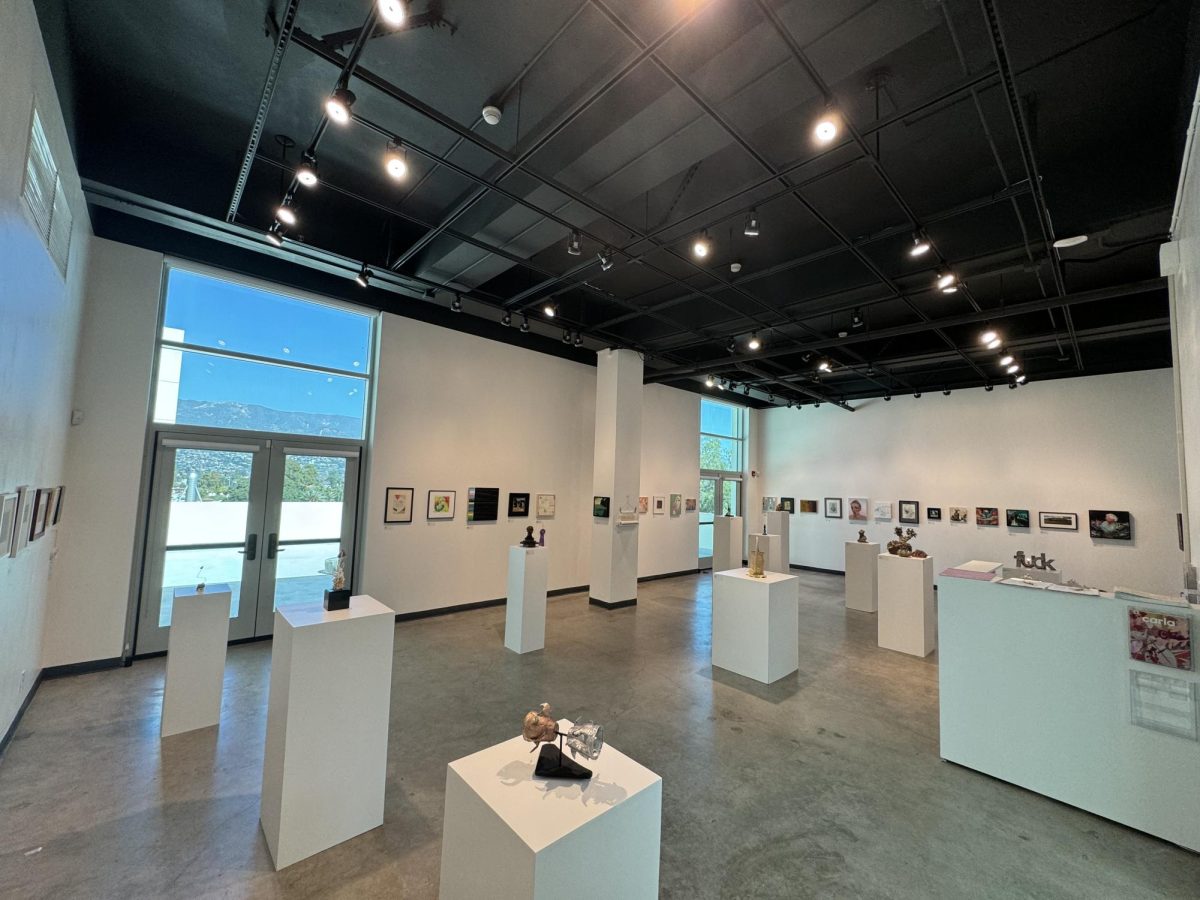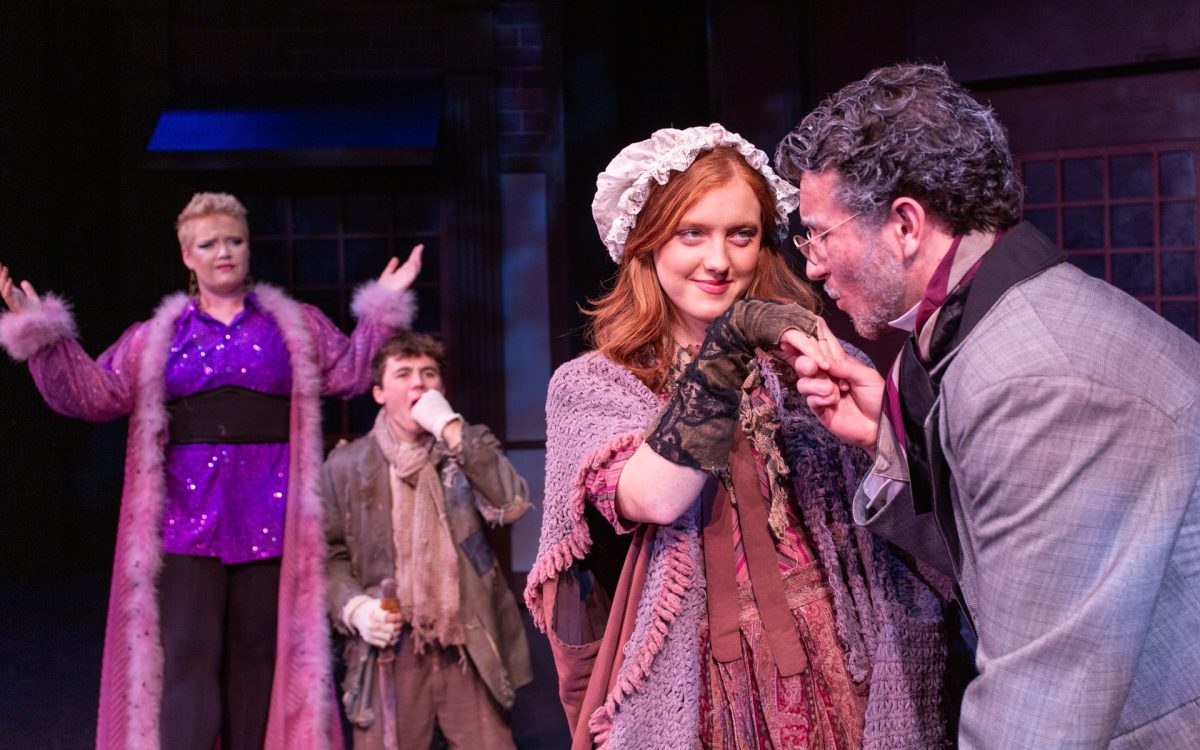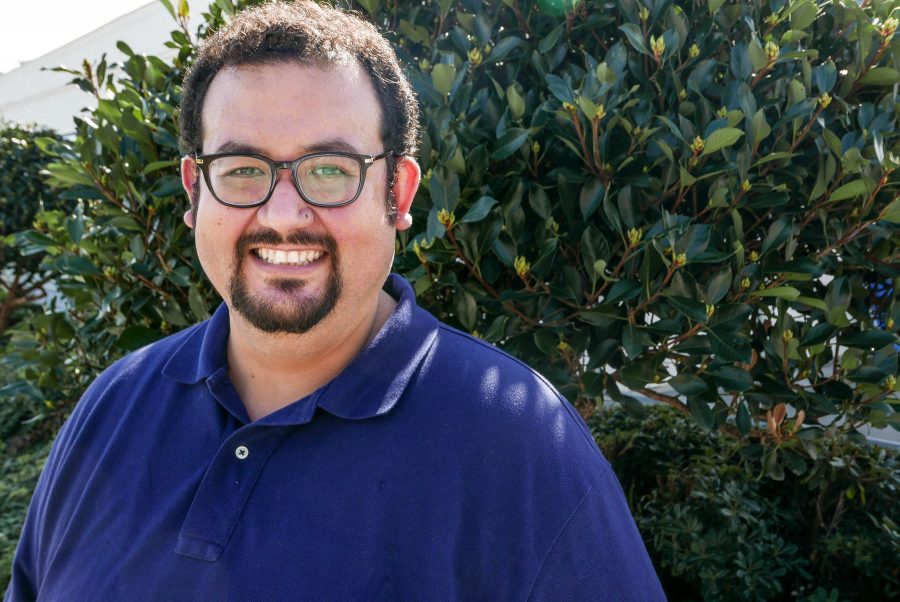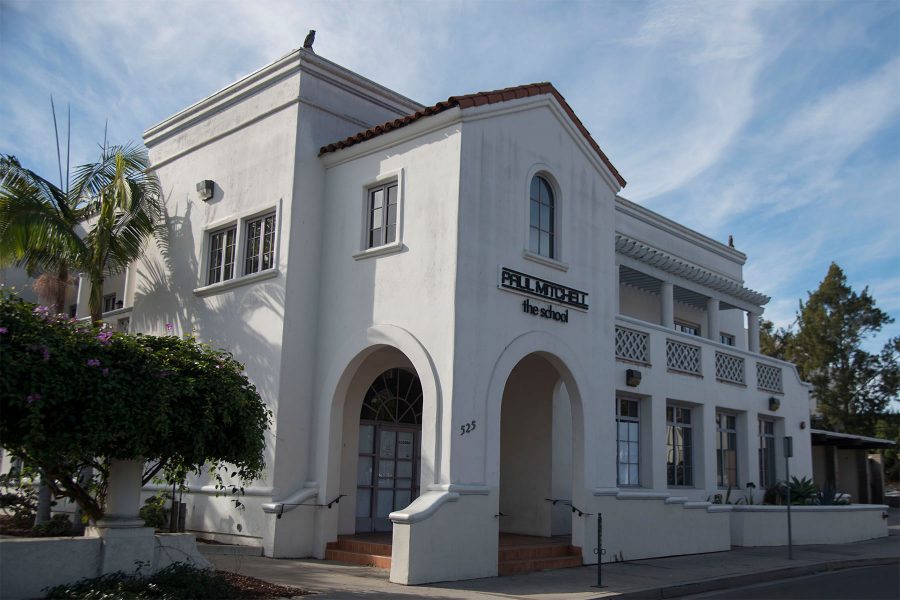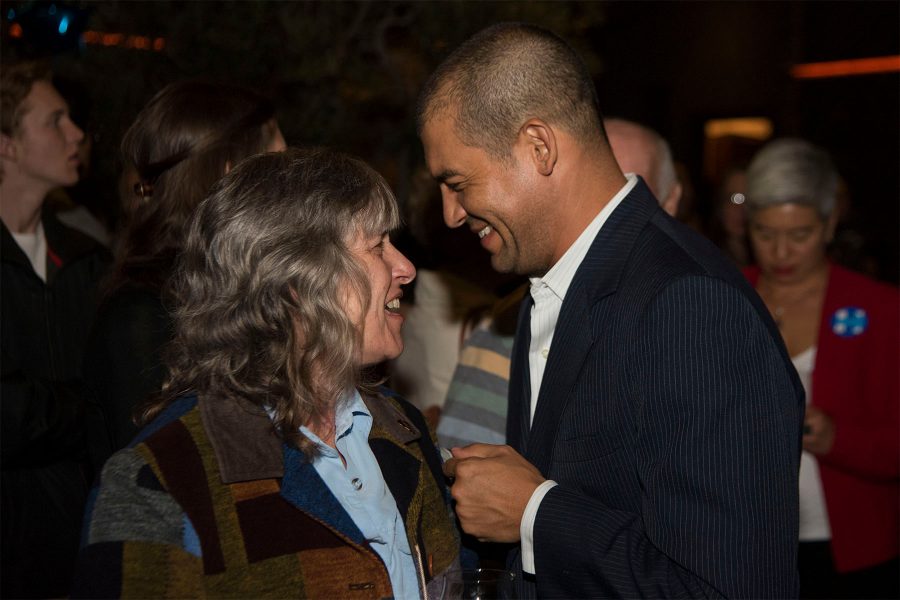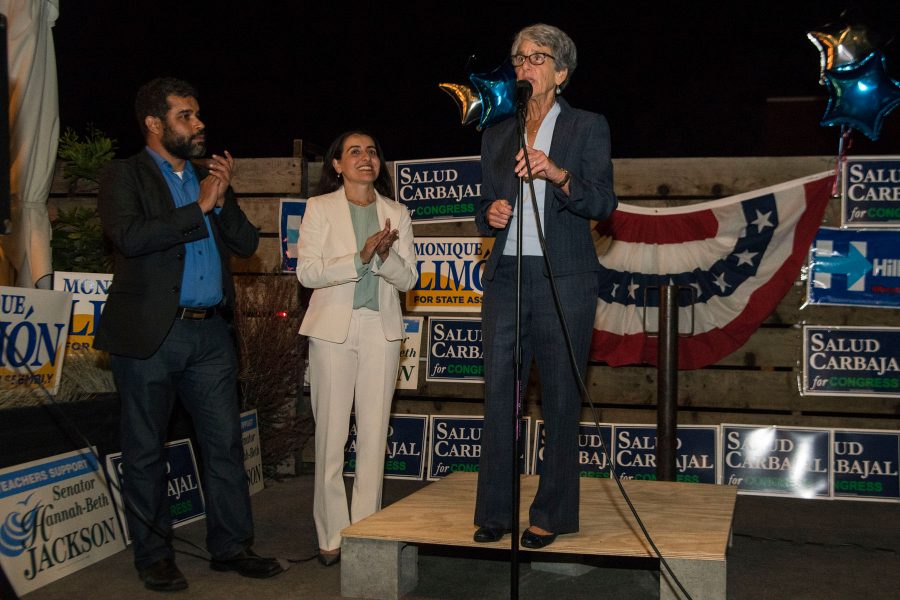When Tim Zaal and Matthew Boger started working together at the Museum of Tolerance, neither realized it was the second time they had encountered. They had met years ago as nemeses, on a night that ended with a 14-year-old Boger left for dead in an alley with injuries from Zaal’s boots.
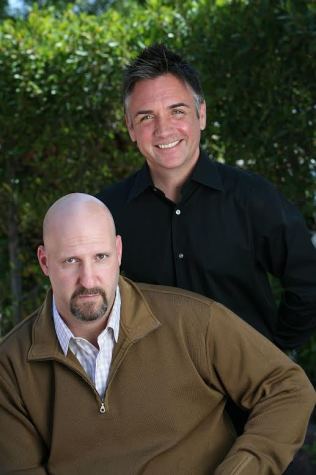
“I was 17-years-old when the attack happened, which lasted for about five minutes,” Zaal said. “And here we are 30 years later and it has effected my life and the way that I treat others.”
In an overly crowded Garvin Theatre, the guest speakers for the Leonardo Dorantes Memorial Lecture overwhelmed an engaged audience in their presentation From Hate to Hope and Academy Award nominated documentary “Facing Fear.”
Zaal and Boger met through unusual circumstances in life, and through their journey both learned what forgiveness and hope is truly about.
“I don’t have a handbook for forgiveness,” said Boger. “Because it’s just as individual as the person and their process.”
The two speakers shared their life stories at City College on Thursday afternoon for a free lecture, sponsored by City College’s Foundation and the Extended Opportunity Programs and Services, amongst others.
Brenton Allen was among the many City College students who came and listened to the presentation. He said that he enjoyed the lecture and the importance on working through problems, not forget them.
“I found it very interesting to hear Boger’s perspective on how he could forgive Zaal,” Allen said. “And that he was able to bring himself to do it.”
The 24 annual Leonardo Dorantes Memorial Lecture was established in memory of a former City College student who was killed in a race-related hate crime. The foundation works to heighten the awareness and understanding of race and ethnic differences.
The guest speakers started of by showing their documentary, a short film where they spoke of their journey from hate to hope. After the show, they answered questions from an inquisitive audience about early life and the years from the assault up till today.
In his early teens, Boger’s mother kicked him out of his home in San Francisco because she couldn’t reconcile with his sexuality. This drove him to Los Angeles where he lived on the streets for many years.
Boger said that he struggled most of his life with fear and was concerned of what other people perceived him as well as how they judge him.
“The benefit and enhancement to my life once I had reached the point in the journey of forgiveness, is to realize that I don’t really care,” Boger said. “It’s what I think of myself that’s important.”
Zaal said that his perception on life changed after an African-American shot his brother. Assault and aggressive behavior became part of his and his friend’s lifestyle as a teenager.
“The violence made me feel big,” Zaal said. “It was like a drug to me.”
When Zaal and Boger met the second time, Zaal had already started to transition out of his old destructive lifestyle.
He said that the night of the assault taught him later in life that actions have a long lasting effect, and that he still struggles with the consequences from that day.
“If I can change,” Zaal said, “anybody can change.”
Forgiveness was one of the main themes for their presentation, both how a victim can forgive an attacker and also how an assaulter can forgive themselves. Boger said that he wouldn’t have reached this point in his relationship with Zaal without true forgiveness, and that it’s a journey to reach that final step.
“I don’t know if I could forgive somebody the way he has forgiven me,” Zaal said.
During the presentation the guest speakers blended their lecture with humor to enlighten the heavy topics of hate and fear. But the charged mood hung in the air through the end as a reminder of how these two friends that stood in front of the audience where living examples of two people that moved on from sheer hate to true friendship.
“I trust him with my life,” Boger said. “And this was a guy who was going to take my life.”


